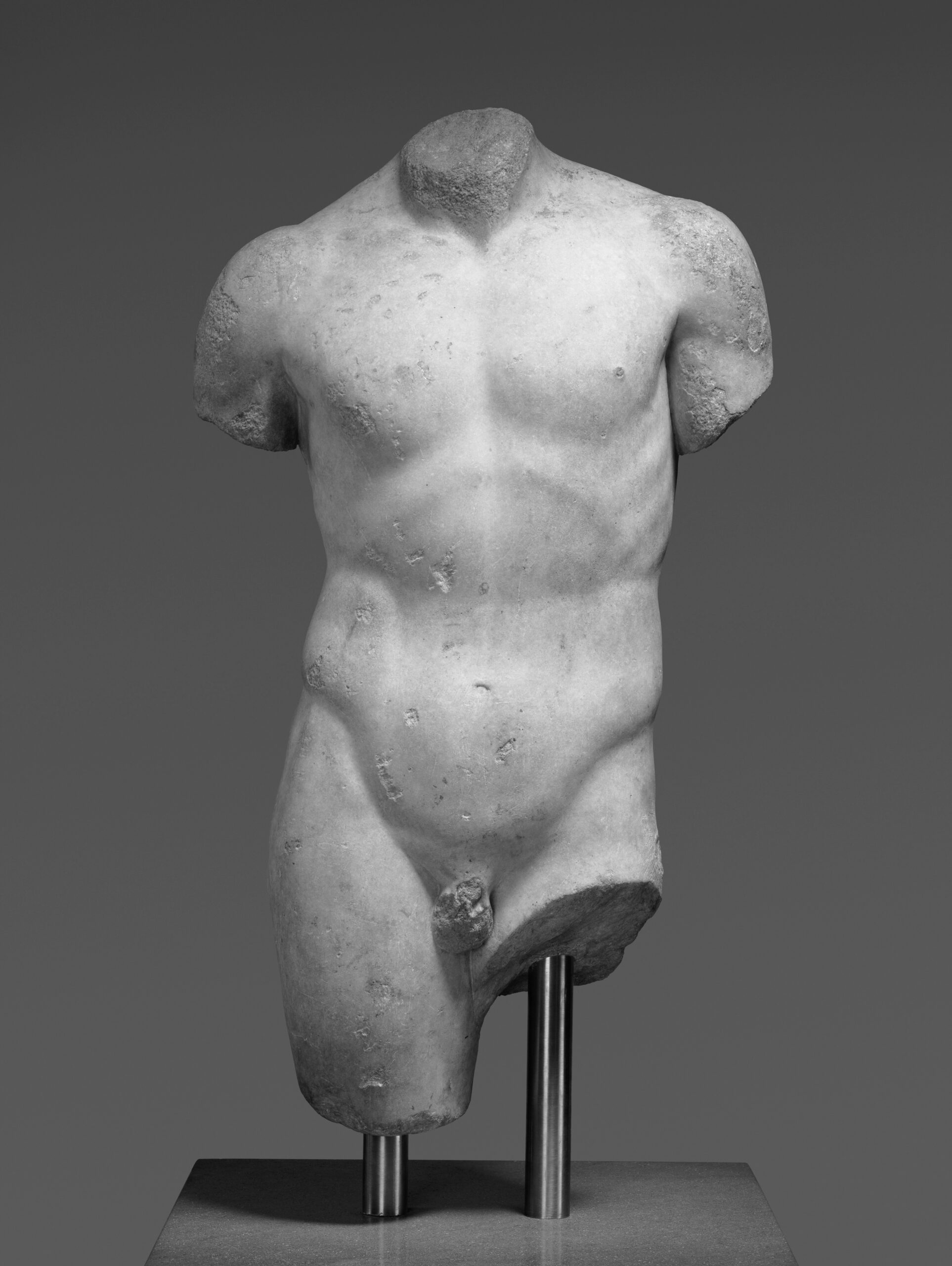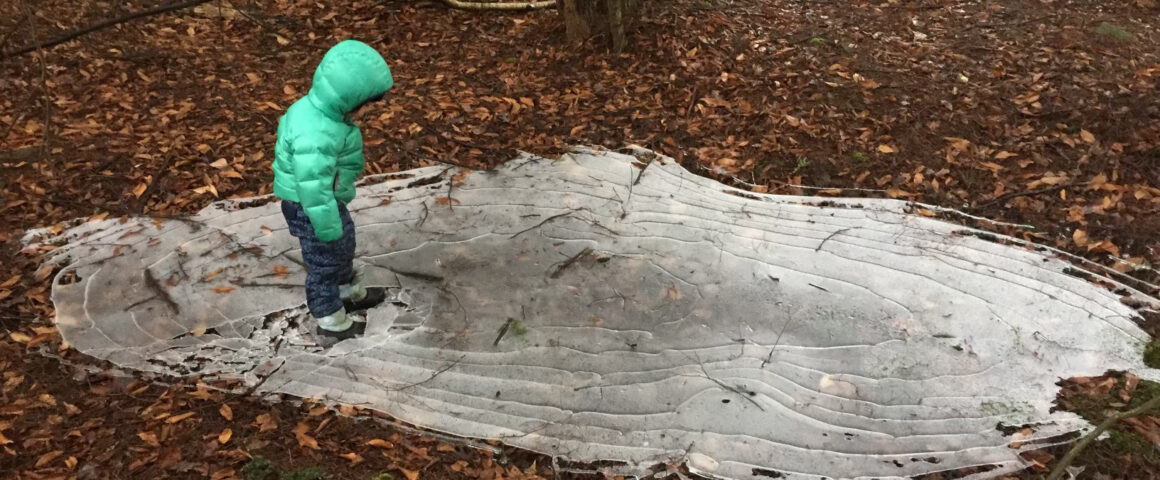The Teachers & Writers Magazine editorial board selected William Camponovo’s “You Must Change Your Life: Demystifying and Remystifying Poetry in the Classroom” as the winner of the 2023 Bechtel Prize. The prize is awarded for an essay describing a creative writing teaching experience, project, or activity that demonstrates innovation in creative writing instruction.
The Bechtel Prize is named for Louise Seaman Bechtel, who was an editor, author, collector of children’s books, and teacher. She was the first person to head a juvenile book department at an American publishing house. As such, she took children’s literature seriously, helped establish the field, and was a tireless advocate for the importance of literature in kids’ lives.This award honors her legacy. Learn more about the Bechtel Prize here.
On the first day of the semester, in each writing class I’ve taught, irrespective of genre, I begin the same: I give students a copy of Rainer Maria Rilke’s “Archaic Torso of Apollo,” only I remove the startling, transformative last line. Of course, this last line still has the impossible quality to shock no matter how many times you’ve heard it; it can, at times, feel dropped in from an alien world: “You must change your life.” In the exercise, a student reads the poem, and when we get to the unspoken, unknown end, we pause. I invite the class to make up their own final line—whatever feels right; trust the instinct.
It’s important that two things are established visibly here: 1) no one knows this last line, so we’re all on the same page. The playing field is level. Often poetry can feel like some sort of secret competition as to who possesses the innate, hidden genius, but in this moment, all the students are fumbling around in the same dark. And 2) whatever seems right is right. As I take pains to tell the students, “The last line is bizarre, so you’re not going to overshoot the mark and look foolish—go nuts.” But, really, I am asking them to trust their gut.
On the first day of the semester, I give students a copy of Rainer Maria Rilke’s “Archaic Torso of Apollo,” only I remove the startling, transformative last line.
This, to a large extent, is what the entire process is: demystifying poetry in order to remystify it. Most of the students I teach feel to a large extent that the poem is above them, smarter than they are, better than them. The poem cannot fail them, but they can fail the poem. And I’m trying very, very hard to recalibrate that notion.
Early in my poetry workshops, I’m trying to hammer home a central principle—the only principle, really. Your gut is knowledge. Your feeling is thinking. All of your life experience—the routines you draw on taking the 6 train to class and knowing which transfers are the good ones, the understanding which line in Duane Reade is going to be the fastest and which the slowest, knowing which bodega has the best and fastest chop cheese—is a treasure trove of poetic knowledge, poetic thought, and poetic work. Plug it into the poem.
The students often feel that their initial sense is aberrant, is lesser, is disconnected from the “deeper meaning” of the poem. But the richness of their inner radar, the ability to tell, “Hrmm, something strange is happening here,” is essential. There is, I posit, no other way to read Rilke if your “something strange” radar is turned off.
So I encourage the students to write their own ending based entirely on, well, vibes. And then we talk about the poem. I ask the students to keep their lines hidden but to keep them percolating in the back of their minds. We’re going to look at the poem as a group, first, as a collective thinking-through, and then we’ll revisit the ending.
Using the canonical Stephen Mitchell translation, we put attention toward the verbs that get ever-stranger, moving from “gleams” to “dazzle” to “glisten” to “burst.” They acknowledge something transfixing, something physical, that something sensual is happening.
They know because they feel it; it’s obvious as day to them, even if they can’t explain it.
But they also recognize that one of those verbs, in “flared,” is past-tense and refers to a “dark center.” And they know that even though the statue “gleams,” the simile suggests the lamp is “now turned to low.” For all the energy here, there are dark forces at play, too. They know because they feel it; it’s obvious as day to them, even if they can’t explain it. “But you are explaining it,” I tell them. “You’re telling me how it feels using the language of craft.”
In that penultimate sentence, some kind of primal energy is spiraling out of control. A sentence with two colons—two! It torques and torques, and finally, the poem implicates the “you” directly. The poem is primed, now, activated.
I ask the students to revisit their endings anew. I ask for a volunteered ending and then another, another, and a curious chain develops: students build off previous students’ answers, feeling kinship somewhere in their choices. They are helping each other crystallize something they sensed and are putting shape to one another’s language.
They have gone through the materiality of the poem—the enjambment, the syntax, the punctuation—and are now back at that mysterious, mystical place at which they started. But things are different now—the poem is different, and different toward them, and they toward it.
And when I reveal that original ending, that quasi-religious, quasi-triumphant, quasi-apocalyptic ending of “You must change your life,” it is—always—anti-climactic. It’s never a sudden gasp or moment of shock and is, if anything, an odd laugh, since the students have—miraculously—nearly mirrored that (in)famous literary gesture. They arrived there themselves. Last semester it was: “I need to end things.” Once, they even got the verb “change,” ending the poem, simply: “Change everything.”
The whole class is Rilke; the whole class is Apollo; the whole class is the “You”; and the whole class is the poem.
This exercise encapsulates many of the ideas I consider foundational to a writing classroom. On a conceptual level, it aims to demystify the text in a way that hopefully has lasting implications. In most literature and writing classes I encounter, I find that students are often intimidated by texts and, in turn, are unsure of their relationship to them. Students tend to place the literary text as above or beyond their faculties—as separate from them in some fundamental way. But here, in this moment, if the students can figure out one of the century’s most mysterious endings, what can’t they handle? Certainly nothing is beyond them now.
In the low-stakes moment of writing here, the students become both creators and co-facilitators. They are literally writing their ending. But they’re also inhabiting a social space that is, hopefully, delinked from the pressures of individual performance and is instead oriented toward a creative, generative discussion. The whole class is Rilke; the whole class is Apollo; the whole class is the “You”; and the whole class is the poem. And what seems, at first, baffling and bewildering, surprising and startling is ultimately made legible and even natural. And the thinking that they arrive at, they sense, starts—as only it could—through feeling.
Read the 2023 Bechtel Prize runner up: “Here Papi Catch” by Dani Kopoulos.
Read the 2023 Bechtel Prize honorable mention: “Is That a Rock?: Erasure as Empowerment in the Middle School Classroom” by Jenna Lanzaro.

William Camponovo
William Camponovo has studied poetry and poetics at Johns Hopkins University, the University of Washington, and the Graduate Center of the City University of New York. His poetry has appeared in Iron Horse Literary Review, The Seattle Review, The Los Angeles Review, Best New Poets, and online at Poetry Northwest. With Lost + Found and the CUNY Poetics Document Initiative, he has edited and published pedagogical material by poets Gregory Corso and Jack Forbes. He teaches with the Bard Prison Initiative.
Author photo courtesy of Vito Grippi.



